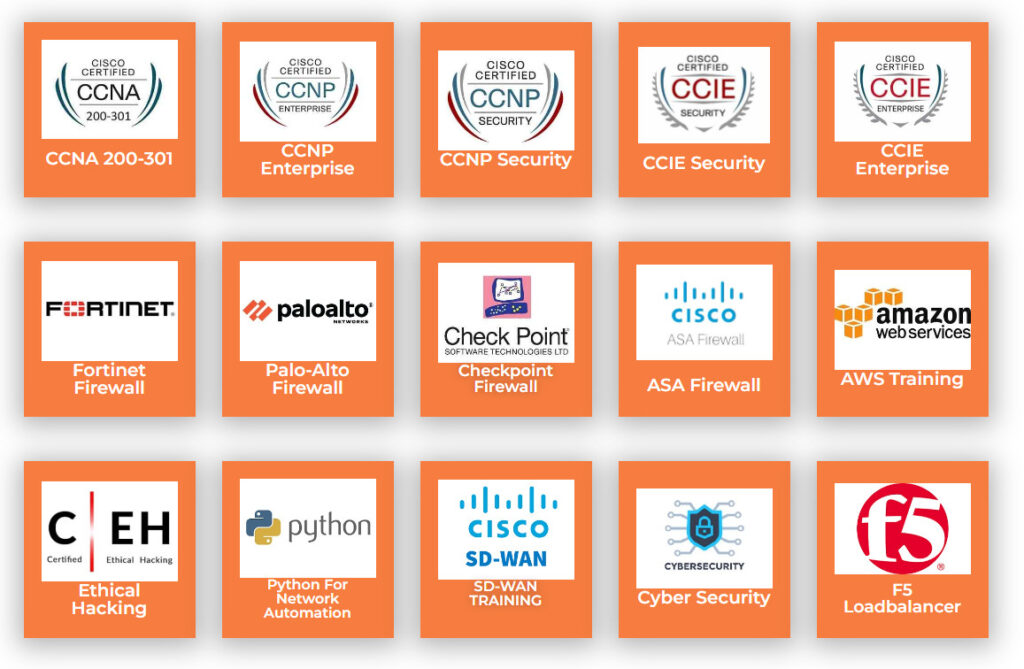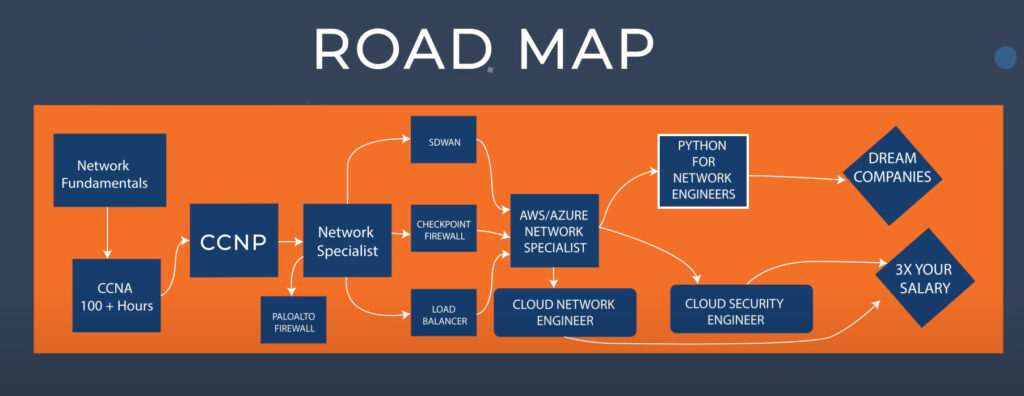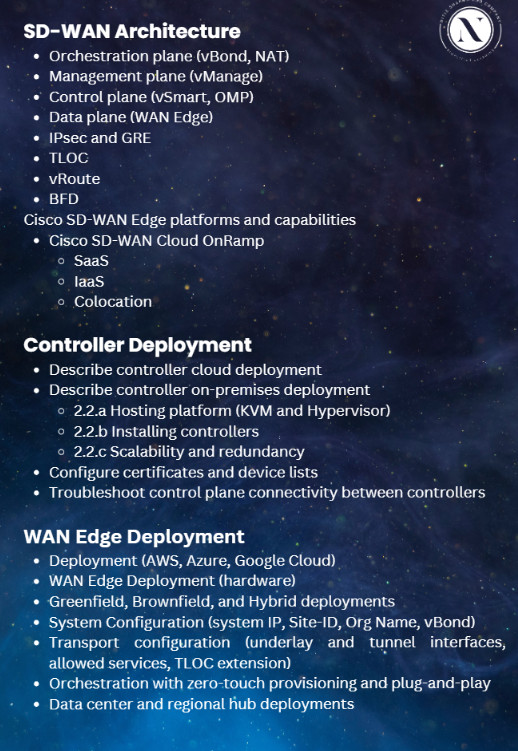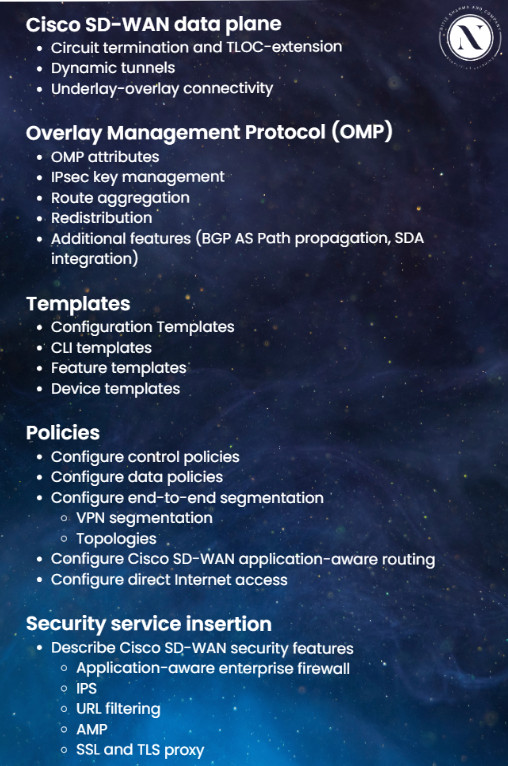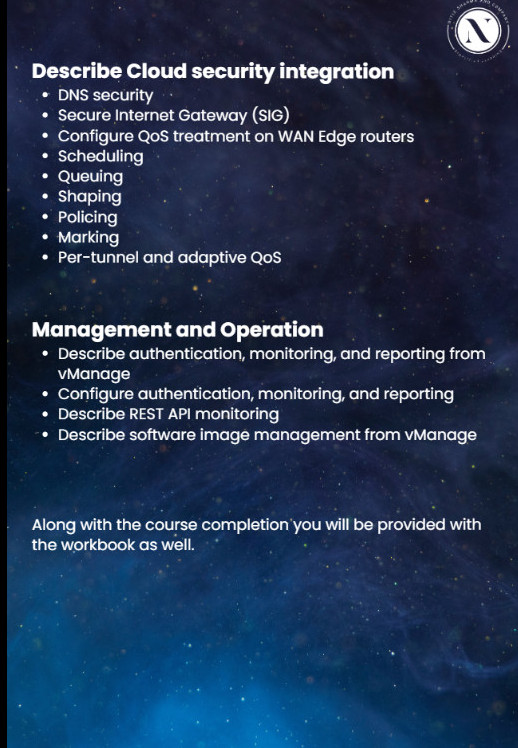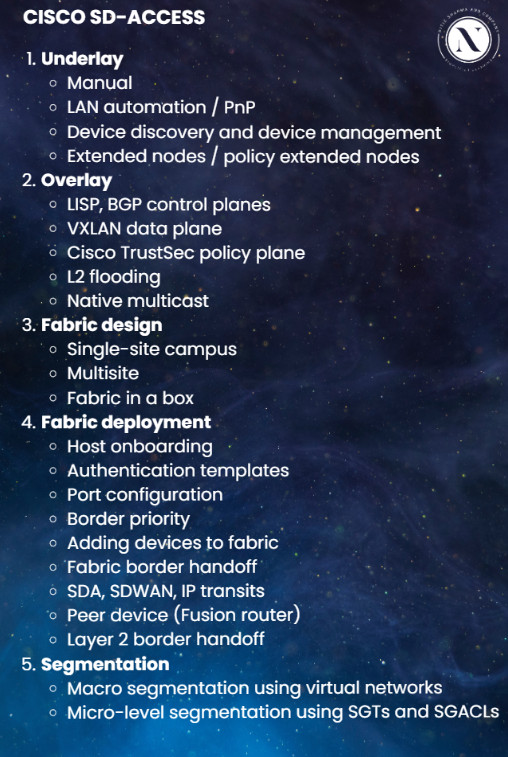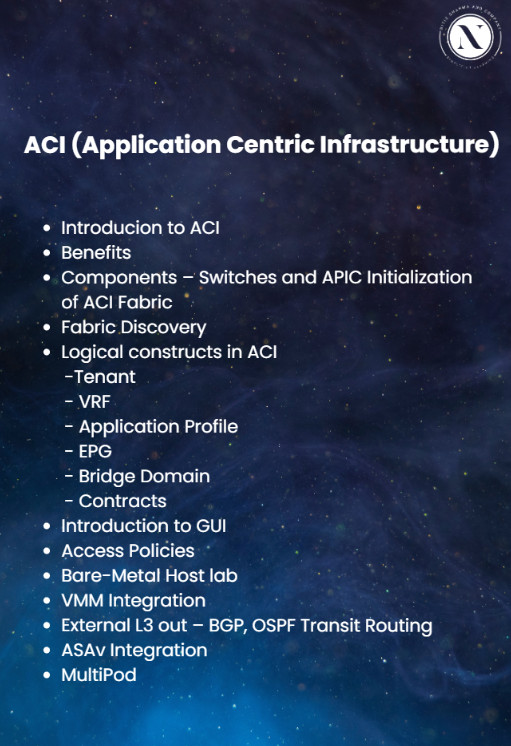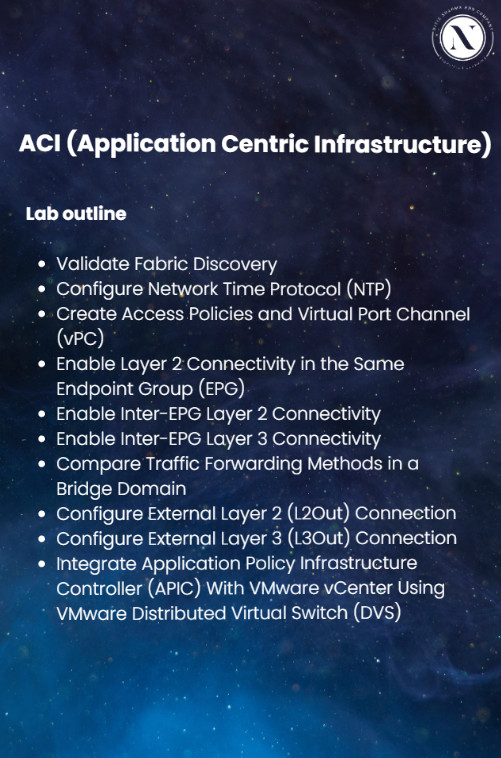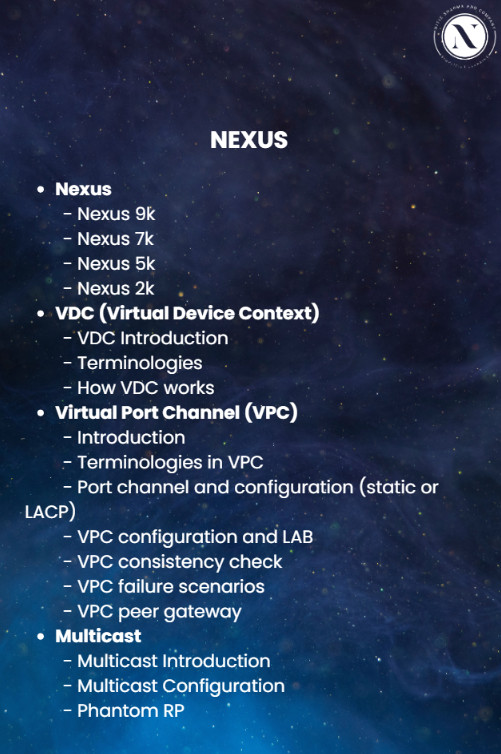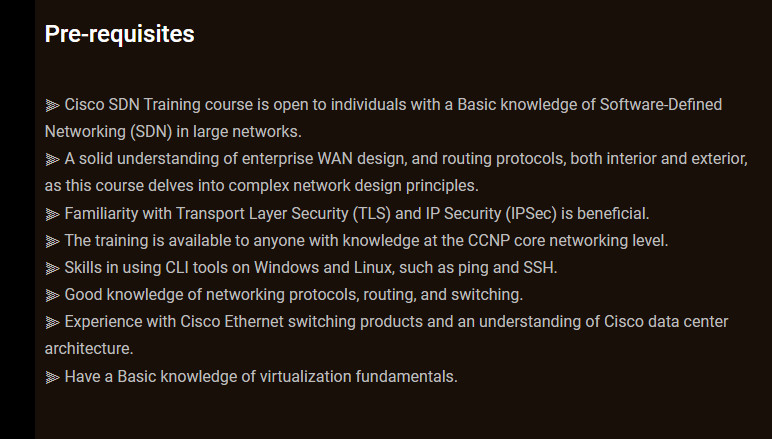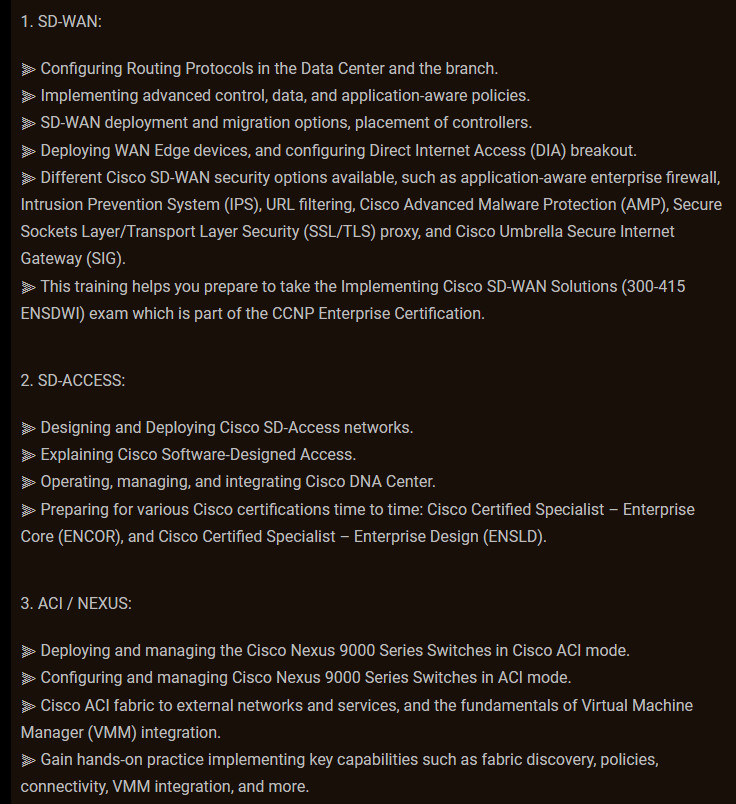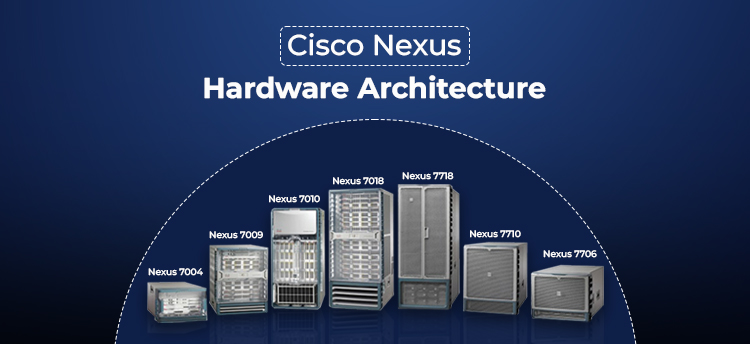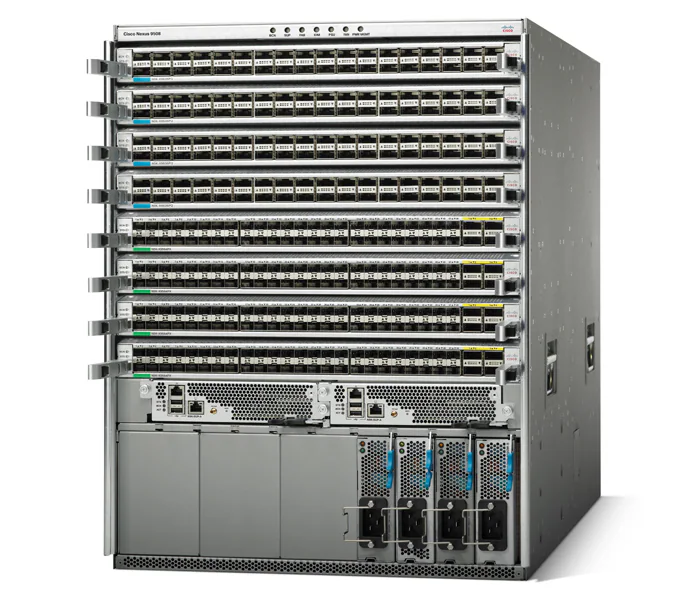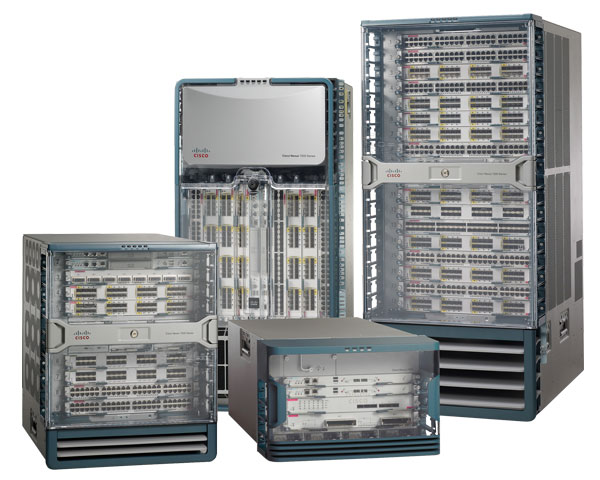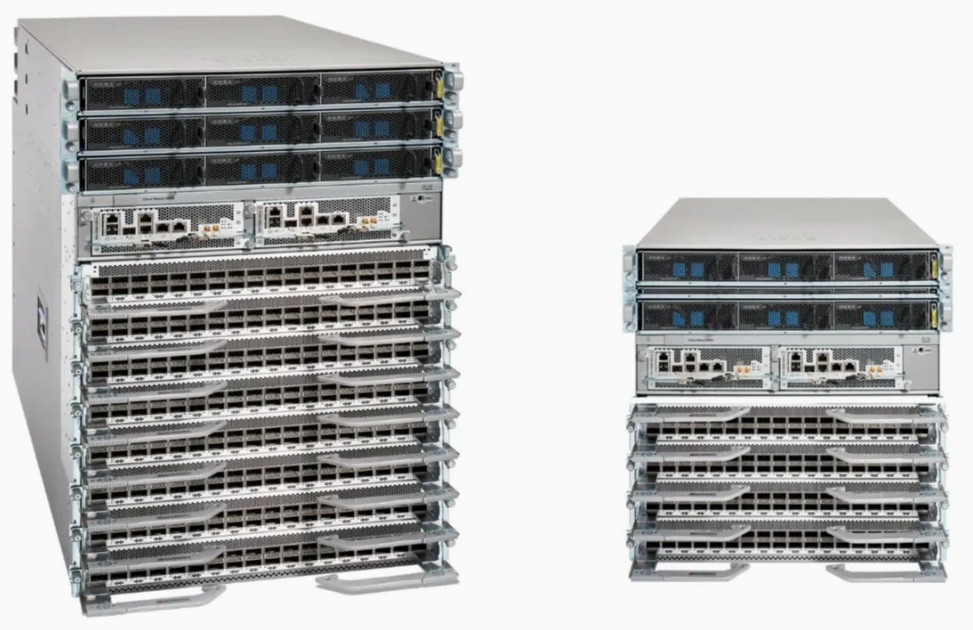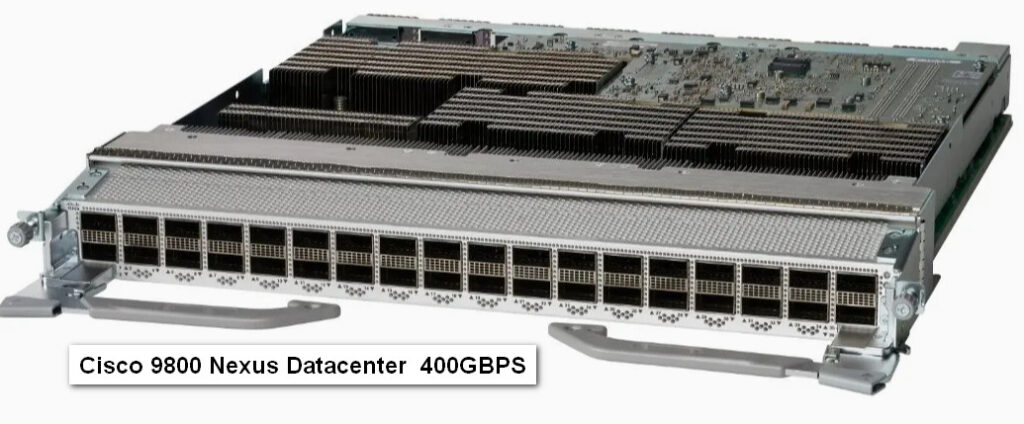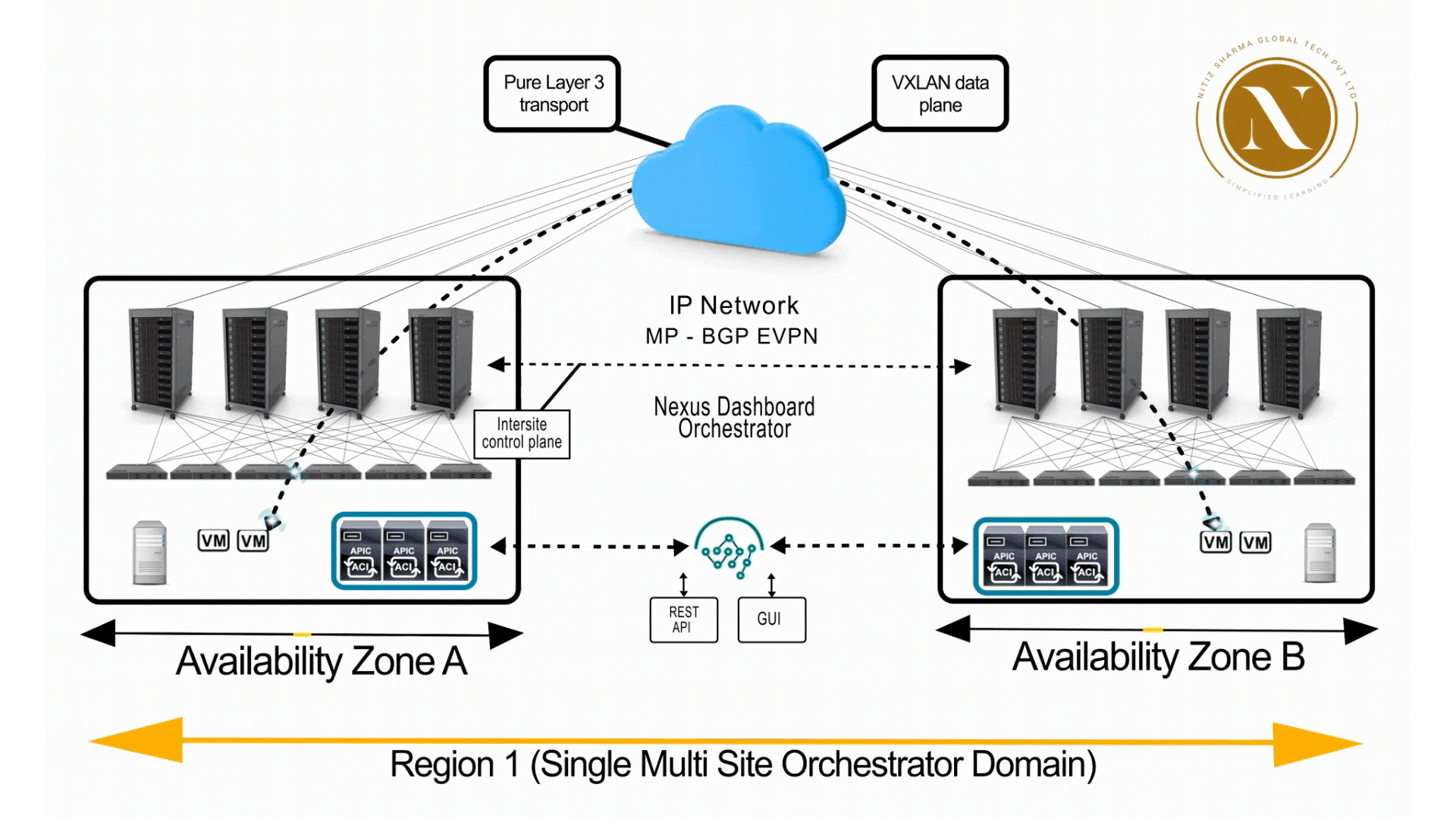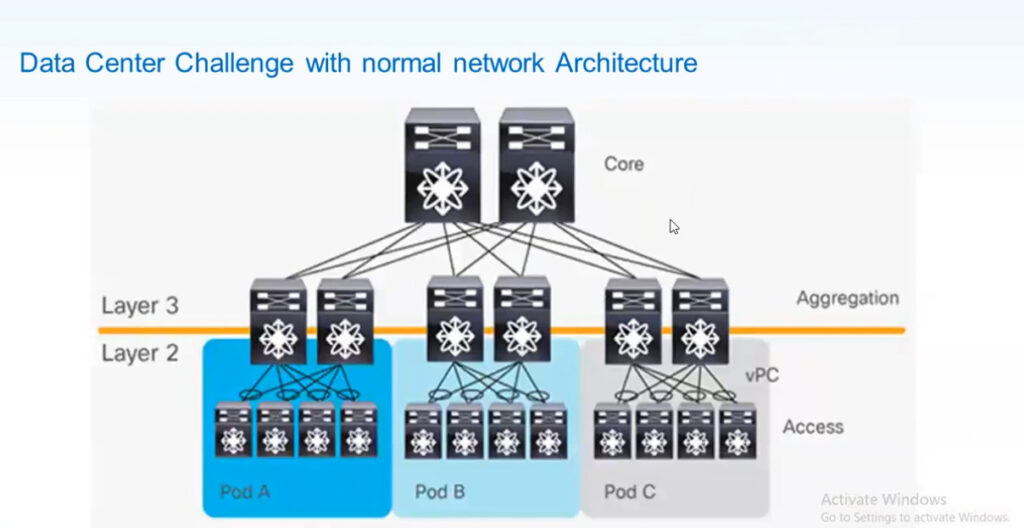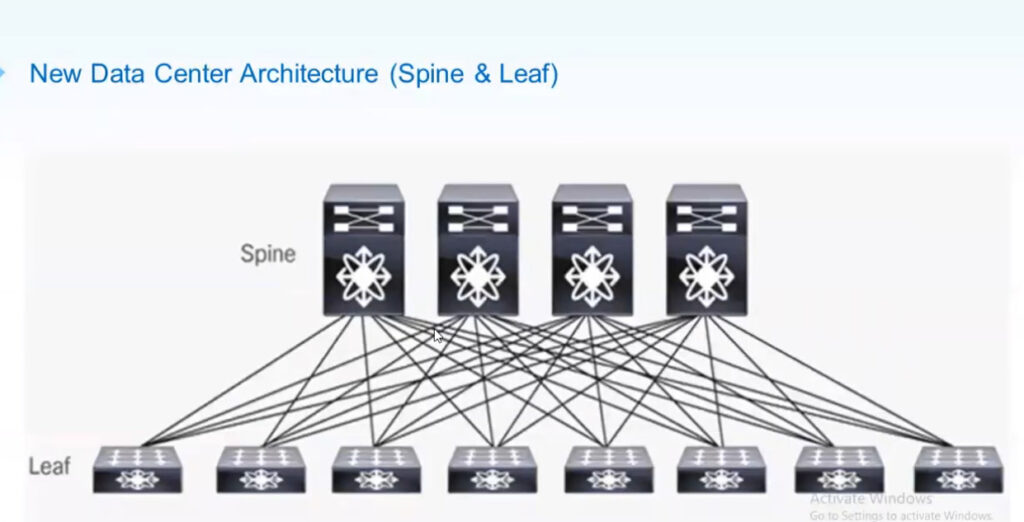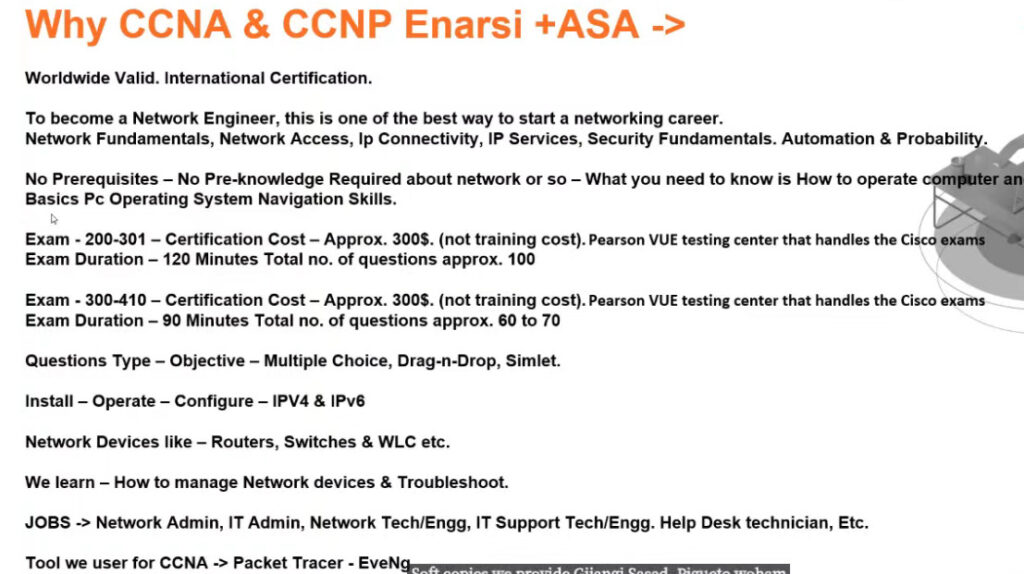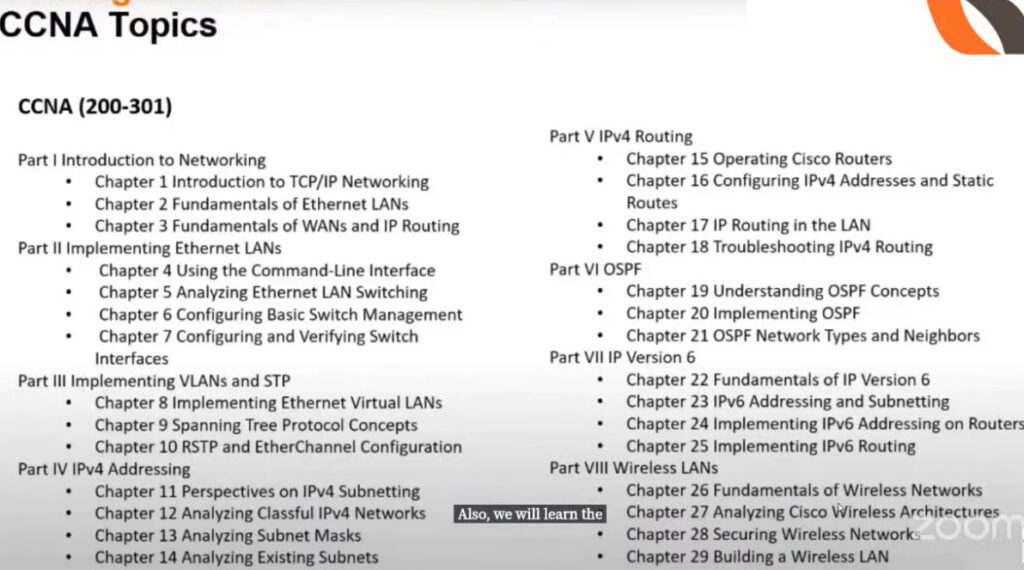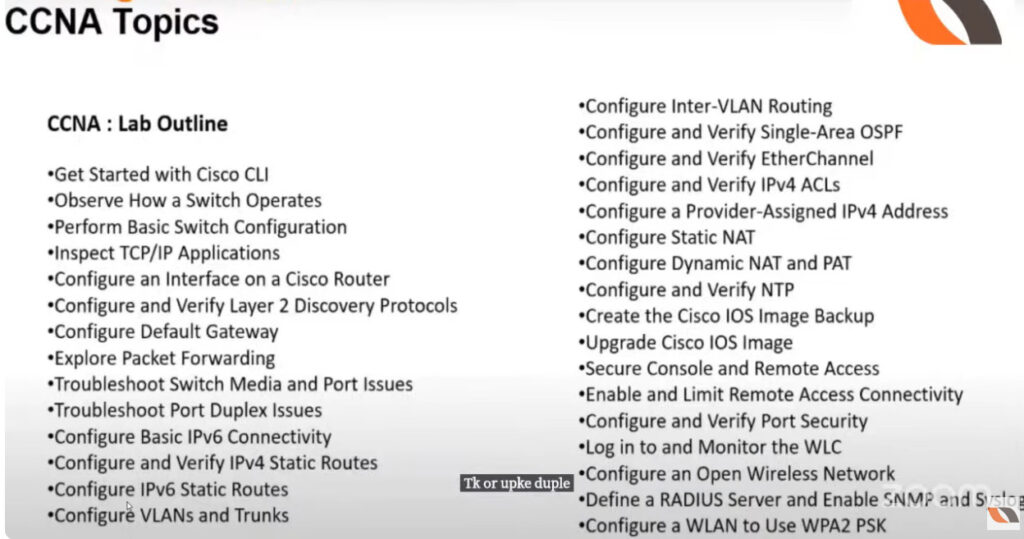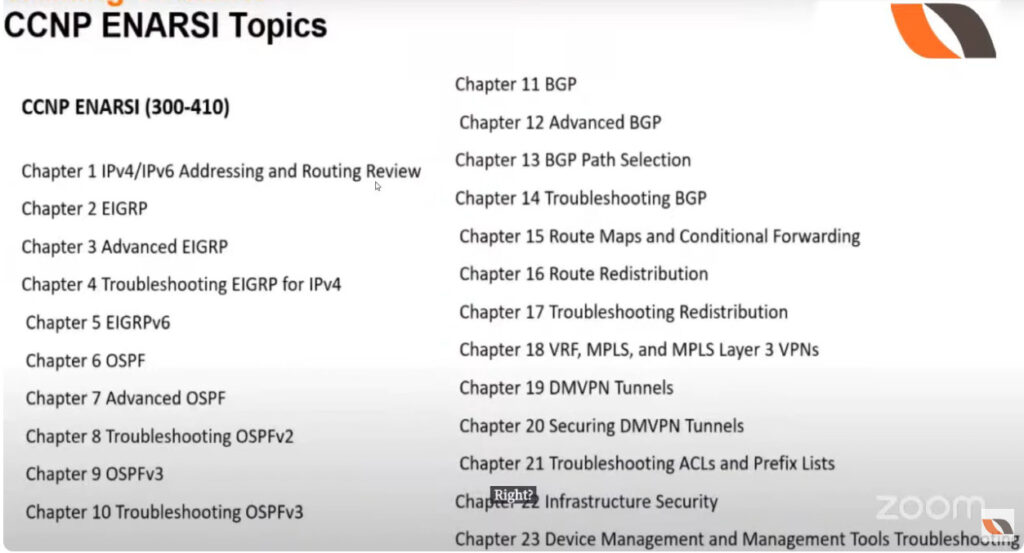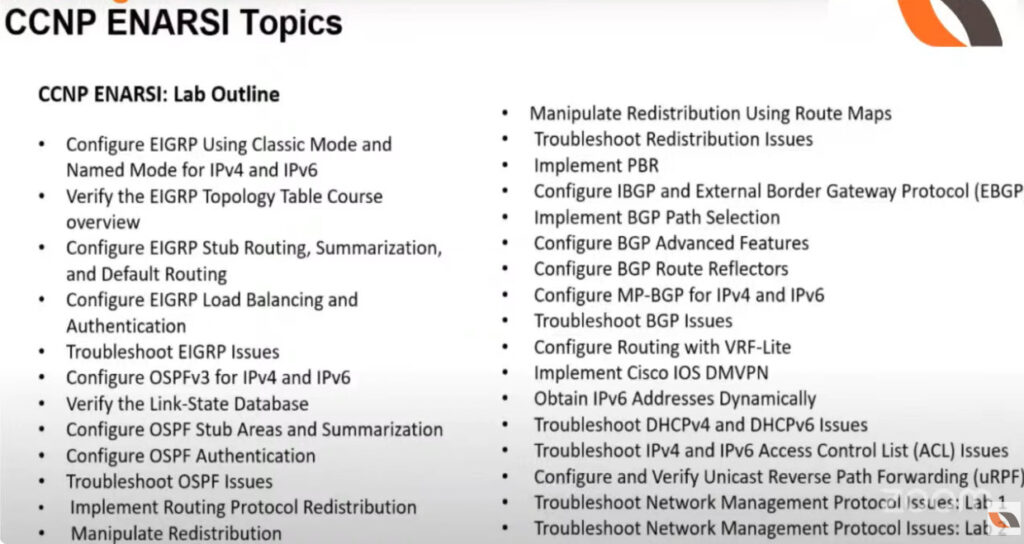- 8777701917
- info@saikatinfotech.com
- Basirhat W.B
Learning Networking has become smooth, with A-Z of networking being offered in one place and making it student-oriented. With well-skilled Networking courses.
A career in Networking holds great promise as the backbone of digital communication and data exchange. As businesses and individuals increasingly rely on interconnected systems, the demand for skilled networking professionals continues to rise. Whether you’re passionate about designing robust network architectures, optimizing network performance, or securing data transmission, there’s a diverse range of career paths awaiting you.
With the right guidance and knowledge, you can excel in the Networking field. From managing complex networks to innovating with cutting-edge technologies, your expertise will be vital in ensuring seamless and secure connectivity.
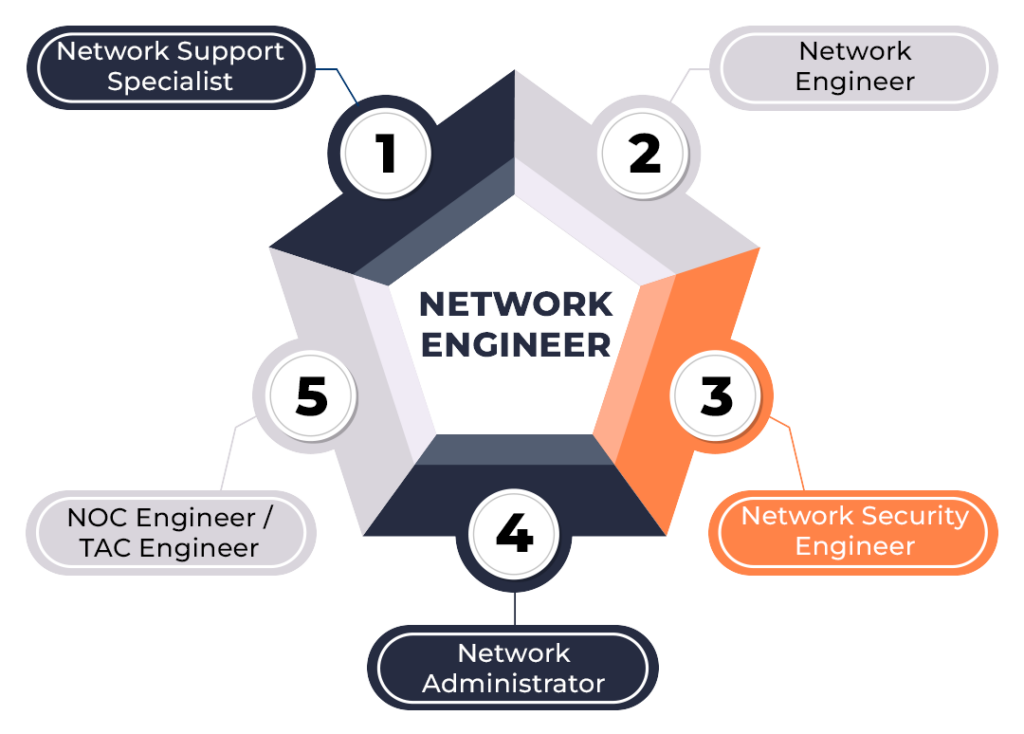

Network Enginer Combo Courses
☯ 𝘾𝘾𝙉𝘼 200-301
☯ 𝘾𝘾𝙉𝙋 (𝙍𝙤𝙪𝙩𝙚, 𝙎𝙬𝙞𝙩𝙘𝙝, 𝙏𝙨𝙝𝙤𝙤𝙩):
☯ 𝘾𝘾𝙉𝙋 𝙏𝙎𝙝𝙤𝙤𝙩
☯ 𝘽𝙂𝙋 𝘽𝙖𝙨𝙞𝙘 𝙩𝙤 𝙖𝙙𝙫𝙖𝙣𝙘𝙚:
☯ 𝙈𝙋𝙇𝙎
☯ 𝘿𝙈𝙑𝙋𝙉
☯ 𝘾𝘾𝙄𝙀 𝙍&𝙎
☯ 𝘾𝘾𝙉𝘼 𝙎𝙚𝙘𝙪𝙧𝙞𝙩𝙮
☯ 𝙋𝙖𝙡𝙤 𝘼𝙡𝙩𝙤 𝙋𝘾𝙉𝙎𝙀
☯ 𝙎𝘿𝙒𝘼𝙉 𝙑𝙞𝙥𝙩𝙚𝙡𝙖
☯ 𝙁5 𝙇𝙤𝙖𝙙 𝘽𝙖𝙡𝙖𝙣𝙘𝙚𝙧
☯ 𝙋𝙮𝙩𝙝𝙤𝙣 𝙛𝙤𝙧 𝙉𝙚𝙩𝙬𝙤𝙧𝙠𝙞𝙣𝙜
If you are trying to get into the networking domain, opt for basic networking course such as CCNA or CompTIA Network+ to boost your networking career in the long run.
One of the best IT networking courses for beginners is definitely Cisco Certified Network Associate (CCNA).
CCNA consists of two advanced technologies exams. Each and every attempt of these exams cost $300. CCNA Security, Industrial, Wireless costs for $465.
Since everything is shifting to virtualization, Artificial Intelligence (AI) and cloud, the top two most in-demand careers of the future are:
One of the best IT networking courses for beginners is definitely Cisco Certified Network Associate (CCNA).
No one networking course is better than the other. You can do any one of them of your own choice. You can do both of them too, only if you want so since both of them are IT Networking Fundamental courses.
Cisco CCNA networking course covers the basics of routing and switching. However, you can definitely go for CCNP for advanced routing and switching concepts.
Network Engineers are always going to be in demand. The employment rate in the networking field is very high.
A Network Solutions Architect gets the highest salary followed up by Network Administrator and Systems Engineer.
Yes, Network Engineers have a promising future scope as businesses continue to expand their networks and invest in technology infrastructure.
To become a Network Engineer in India, you can start by pursuing relevant education (such as a degree in computer science or information technology) and obtaining certifications like CCNA, CCNP, and more. Gaining hands-on experience through internships or entry-level positions is also beneficial.
To become a NOC (Network Operations Center) Engineer, you typically need a strong background in IT networking, experience with network monitoring tools, and the ability to troubleshoot network issues efficiently.
You can get started in IT networking by learning the basics of networking concepts, obtaining entry-level certifications like CompTIA Network+, and CCNA, and gaining hands-on experience through internships or junior networking roles.
The CCNA and CompTIA Network+ certifications cater to different skill levels and career goals. CCNA is generally considered more advanced and specialized compared to Network+, which is an entry-level certification.
No, the CCNA certification is not free. There are costs associated with preparing for the exam, such as study materials, training courses, and exam fees.
While CCNA certification demonstrates foundational knowledge in networking, many employers may require additional certifications, experience, or specialized skills for Network Engineer positions.
Having a CCNA certification can enhance your job prospects in the field of networking; however, securing a job may also depend on factors such as experience, skills, and the specific requirements of the employer.
Networking is considered a promising career path in IT due to the constant demand for skilled professionals who can design, secure, and troubleshoot complex networks for businesses.
The three levels of Network Engineers typically include entry-level positions (such as Network Technician or Junior Network Engineer), mid-level roles (Network Engineer or Network Administrator), and senior positions (Network Architect or Network Manager).
A professional Network Engineer is an individual with specialized training, certifications, and experience in designing, implementing, securing, and managing computer networks for organizations.
The best certification for a Network Engineer may vary depending on your career goals and specialization within networking. Popular certifications include CCNA, CCNP, JNCIA, and CompTIA Network+.
To become a Network Engineer, you typically need to complete relevant education (such as a degree or certification program), gain hands-on experience through internships or entry-level positions, and continuously update your skills through training and professional development opportunities.
The best certification for a Network Engineer depends on your career goals, specialization within networking (e.g., Cisco vs. Juniper), and the specific requirements of employers in your region. Popular choices include CCNA, CCNP, JNCIA, and CompTIA Network+.
Several companies in India offer opportunities for Network Engineers, including multinational corporations like Cisco Systems, IBM, TCS, Wipro, HCL Technologies, and Tech Mahindra. The best company for you will depend on factors such as your expertise, career goals, and work preferences.
Courses that lead to industry-recognized certifications like CCNA, CCNP, JNCIA, or CompTIA Network+ are often beneficial for aspiring Network Engineers. Choose courses that align with your career goals and offer hands-on practice with networking technologies.
The best networking certification depends on your career goals, specialization within networking (e.g., Cisco vs. Juniper), and industry demand. Popular certifications include CCNA (Cisco), JNCIA (Juniper), CompTIA Network+, and CCNP (Cisco).
The passing score for CCNA certification is 800 out of 1000.
For beginners looking to start a career in IT networking, courses that cover fundamental concepts like TCP/IP protocols, routing and switching basics, network security principles, and wireless technologies are recommended. Consider certifications like CompTIA Network+ or Cisco CCNA.
